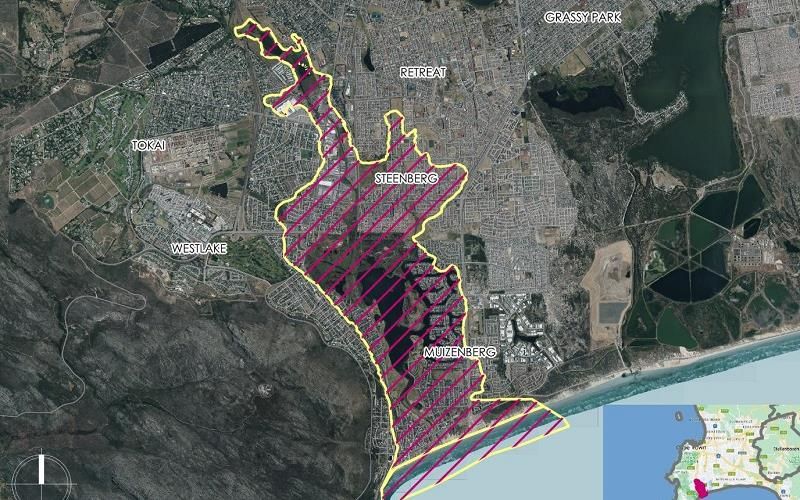The end of the month saw a surge in emergency and enforcement incidents in the city, with numbers surpassing those recorded during the long weekend. The increase in accidents, noise complaints, and incidents of assault caused alarm among city officials. Law enforcement agencies made several arrests for drunk driving and issued various fines for traffic and by-law infringements. The rising statistics highlight the need for vigilance and cooperation from both law enforcement agencies and community members to establish a safer environment.
Surging Emergencies and Enforcement Incidents
As the month came to an end, there was a noticeable surge in emergency and enforcement incidents, with numbers surpassing those recorded during the long weekend. The City’s Public Emergency and Communication Centre (PECC) documented 2,396 incidents, nearly reaching the 2,671 incidents reported over the extended weekend. This increase in emergency situations has caused alarm among city officials.
During the past weekend, the PECC registered 113 motor vehicle and pedestrian accidents, an increase of more than a third compared to the previous weekend when poor weather impacted the statistics. This considerable rise in accidents serves as a strong warning of the careless behavior that often marks the end of the month. Noise nuisance complaints also increased to 317, and incidents of assault reached 277. Furthermore, officers made 77 arrests for drunk driving, indicating a week-on-week increase of five.
Although the number of drunk driving arrests may appear insignificant, this offense continues to ruin lives and careers. Weekends are often marked by celebrations and a lax attitude, which can impact decision-making and result in detrimental consequences. Mayoral Committee Member for Safety and Security, Alderman JP Smith, encouraged motorists and residents to think about these consequences before letting alcohol take control. He assured that officers would remain watchful, making arrests to guarantee everyone’s safety.
Enforcement Efforts and Consequences
In the past week, general enforcement efforts led to 278 arrests and numerous traffic and by-law fines. The City’s Law Enforcement Department was responsible for 177 of these arrests and issued 3,773 notices for various offenses. On the other hand, their Metro Police Counterparts made 101 arrests, including 15 for driving under the influence, and distributed 2,478 fines for traffic and by-law infringements. Officers also confiscated several items, such as 202 packets of counterfeit cigarettes, tik, mandrax, dagga, and crystal meth.
Cape Town Traffic Services apprehended 67 suspects, 62 of whom were charged with driving under the influence, and five with reckless and negligent driving. Moreover, officers recorded 26,259 speeding offenses, issued 18,328 fines for various traffic violations, impounded 199 public transport vehicles, and served 1,995 warrants of arrest.
The persistent growth in emergency and enforcement statistics during the month end highlights the rampant reckless behavior on the city’s streets and the need for constant vigilance from law enforcement agencies. Given these escalating figures, city officials and residents must collaborate to establish a safer community, emphasizing caution and responsibility to reduce the number of accidents, arrests, and related incidents.
Importance of Awareness and Cooperation
It is essential for both motorists and pedestrians to recognize the potential dangers posed by reckless behavior and alcohol consumption. By making informed choices and considering the consequences of their actions, individuals can aid in preventing accidents and enhancing overall safety. As incidents continue to rise at the end of the month, it becomes increasingly important for law enforcement agencies to prioritize public safety and work together with community members to decrease the frequency of these unfortunate events.
By concentrating on education, enforcement, and collaboration, city officials, law enforcement agencies, and residents can join forces to address the alarming increase in emergency and enforcement statistics at month end. Through joint efforts and responsible decision-making, it is possible to create a safer environment for everyone and curb the hazardous trends that have emerged in recent times.
1. What is the reason for the surge in emergency and enforcement incidents at the end of the month?
The end of the month saw a surge in emergency and enforcement incidents in the city, with numbers surpassing those recorded during the long weekend. The increase in accidents, noise complaints, and incidents of assault caused alarm among city officials.
2. How many incidents were documented by the City’s Public Emergency and Communication Centre (PECC)?
The City’s Public Emergency and Communication Centre (PECC) documented 2,396 incidents, nearly reaching the 2,671 incidents reported over the extended weekend.
3. What kind of fines were issued by law enforcement agencies for traffic and by-law infringements?
Law enforcement agencies made several arrests for drunk driving and issued various fines for traffic and by-law infringements.
4. What was the increase in motor vehicle and pedestrian accidents during the past weekend?
The PECC registered 113 motor vehicle and pedestrian accidents, an increase of more than a third compared to the previous weekend when poor weather impacted the statistics.
5. How many arrests were made for drunk driving during the past week?
Officers made 77 arrests for drunk driving, indicating a week-on-week increase of five.
6. How many arrests were made by the City’s Law Enforcement Department and Metro Police Counterparts?
The City’s Law Enforcement Department was responsible for 177 of these arrests and issued 3,773 notices for various offenses. On the other hand, their Metro Police Counterparts made 101 arrests, including 15 for driving under the influence, and distributed 2,478 fines for traffic and by-law infringements.
7. What was the total number of speeding offenses recorded by Cape Town Traffic Services?
Officers recorded 26,259 speeding offenses, issued 18,328 fines for various traffic violations, impounded 199 public transport vehicles, and served 1,995 warrants of arrest.
8. What can be done to prevent the surge in emergency and enforcement incidents at the end of the month?
It is essential for both motorists and pedestrians to recognize the potential dangers posed by reckless behavior and alcohol consumption. By making informed choices and considering the consequences of their actions, individuals can aid in preventing accidents and enhancing overall safety. Law enforcement agencies and community members must collaborate to establish a safer community, emphasizing caution and responsibility to reduce the number of accidents, arrests, and related incidents.








